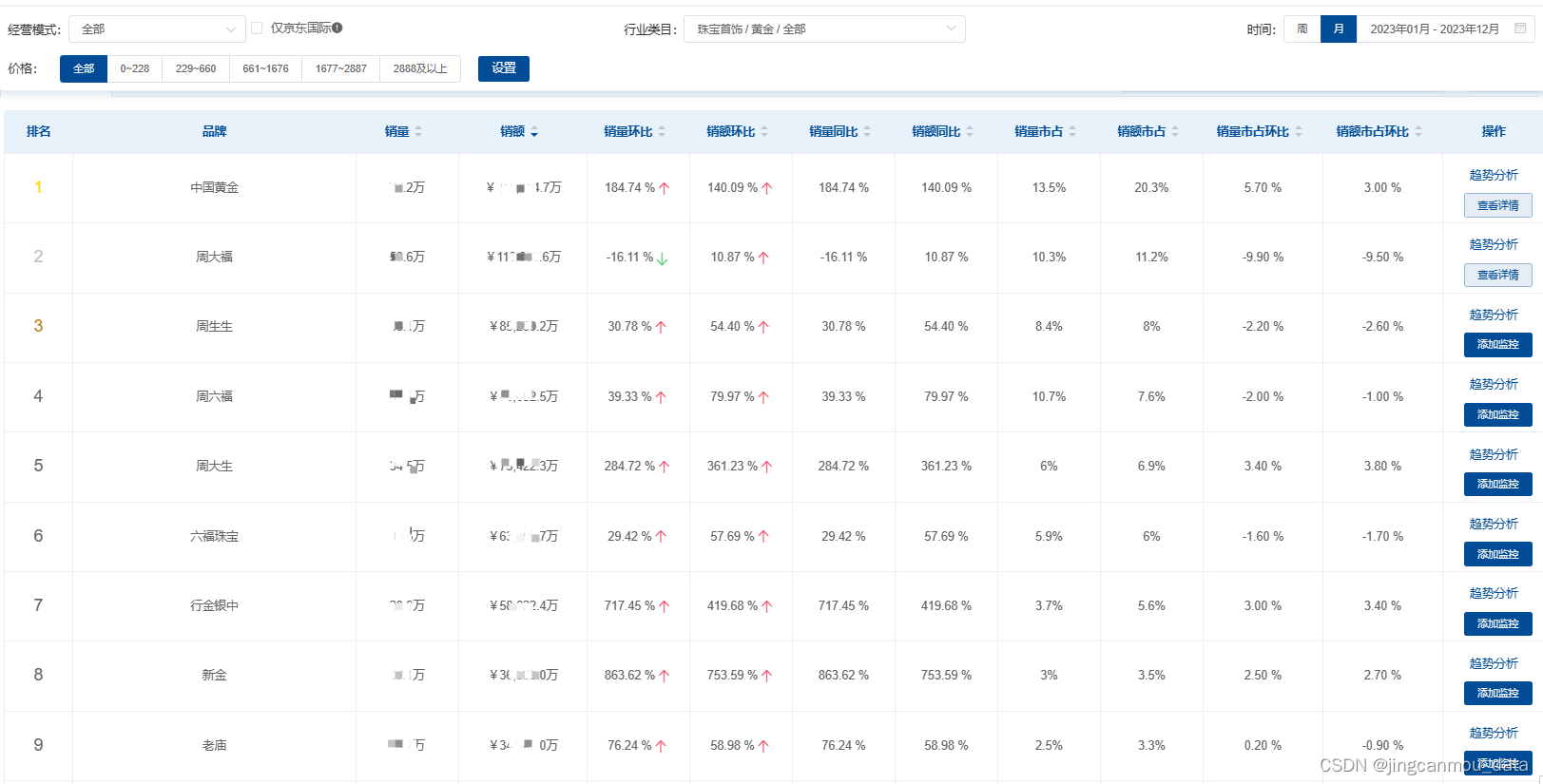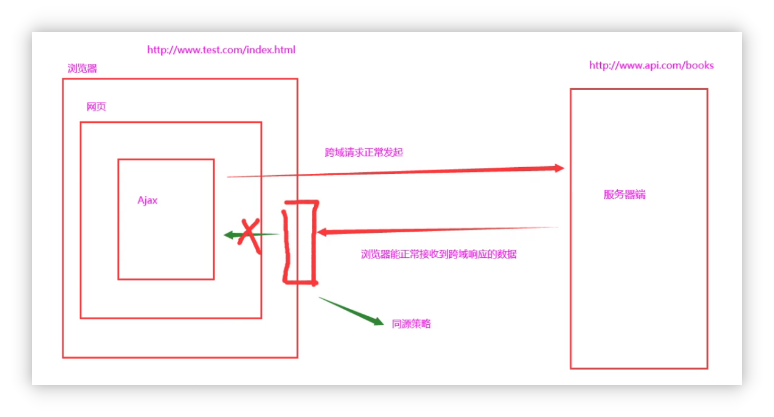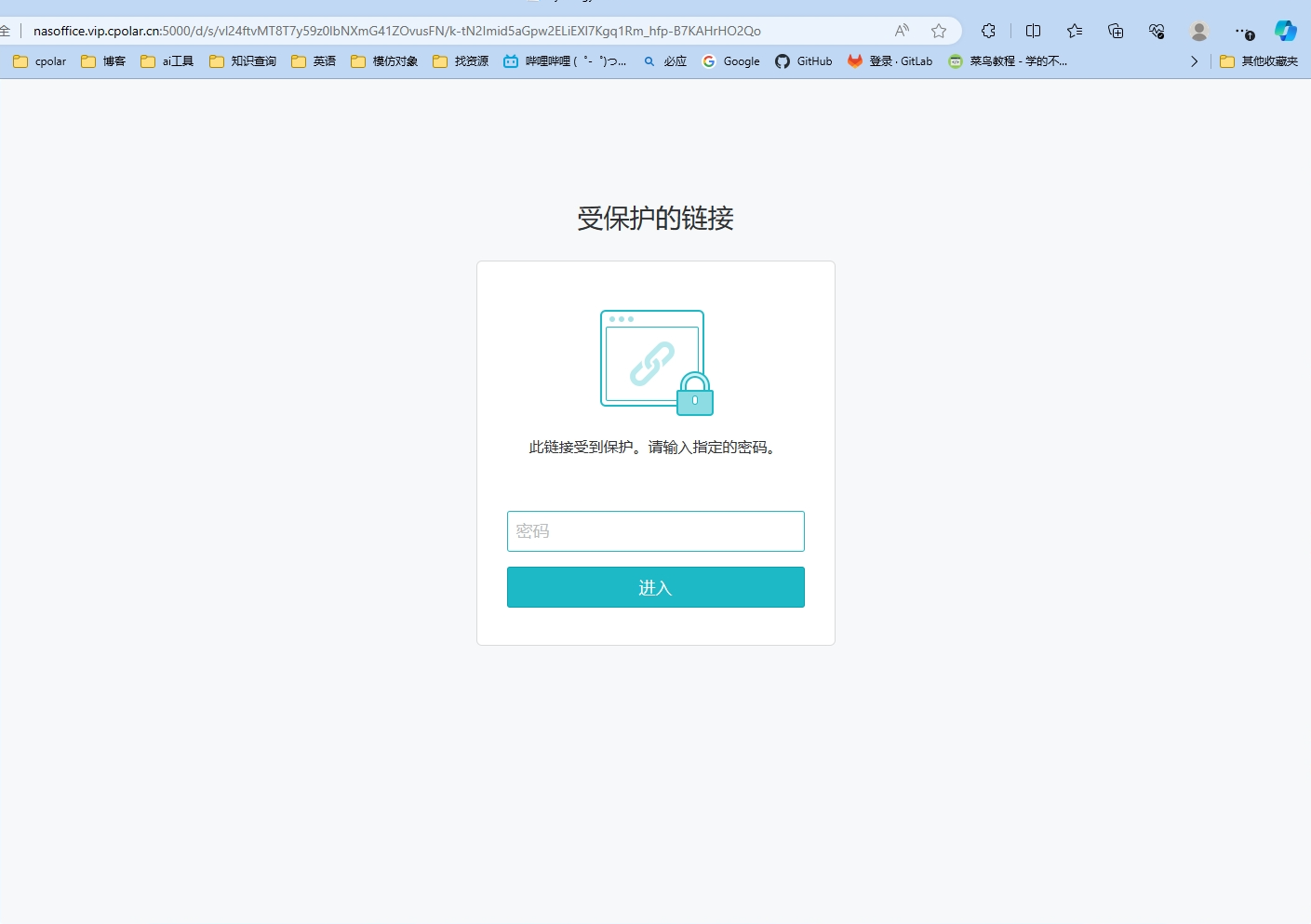文章目录
- 第5章 决策树—python 实践
-
- 书上题目5.1
- 利用ID3算法生成决策树,例5.3
- scikit-learn实例
《统计学习方法:李航》笔记 从原理到实现(基于python)-- 第5章 决策树
第5章 决策树—python 实践
import numpy as np
import pandas as pd
import matplotlib.pyplot as plt
%matplotlib inline
from sklearn.datasets import load_iris
from sklearn.model_selection import train_test_split
from collections import Counter
import math
from math import log
import pprint
书上题目5.1

def create_data():
datasets = [['青年', '否', '否', '一般', '否'],
['青年', '否', '否', '好', '否'],
['青年', '是', '否', '好', '是'],
['青年', '是', '是', '一般', '是'],
['青年', '否', '否', '一般', '否'],
['中年', '否', '否', '一般', '否'],
['中年', '否', '否', '好', '否'],
['中年', '是', '是', '好', '是'],
['中年', '否', '是', '非常好', '是'],
['中年', '否', '是', '非常好', '是'],
['老年', '否', '是', '非常好', '是'],
['老年', '否', '是', '好', '是'],
['老年', '是', '否', '好', '是'],
['老年', '是', '否', '非常好', '是'],
['老年', '否', '否', '一般', '否'],
]
labels = [u'年龄', u'有工作', u'有自己的房子', u'信贷情况', u'类别']
# 返回数据集和每个维度的名称
return datasets, labels
datasets, labels = create_data()
train_data = pd.DataFrame(datasets, columns=labels)
# 熵
def calc_ent(datasets):
data_length = len(datasets)
label_count = {
}
for i in range(data_length):
label = datasets[i][-1]
if
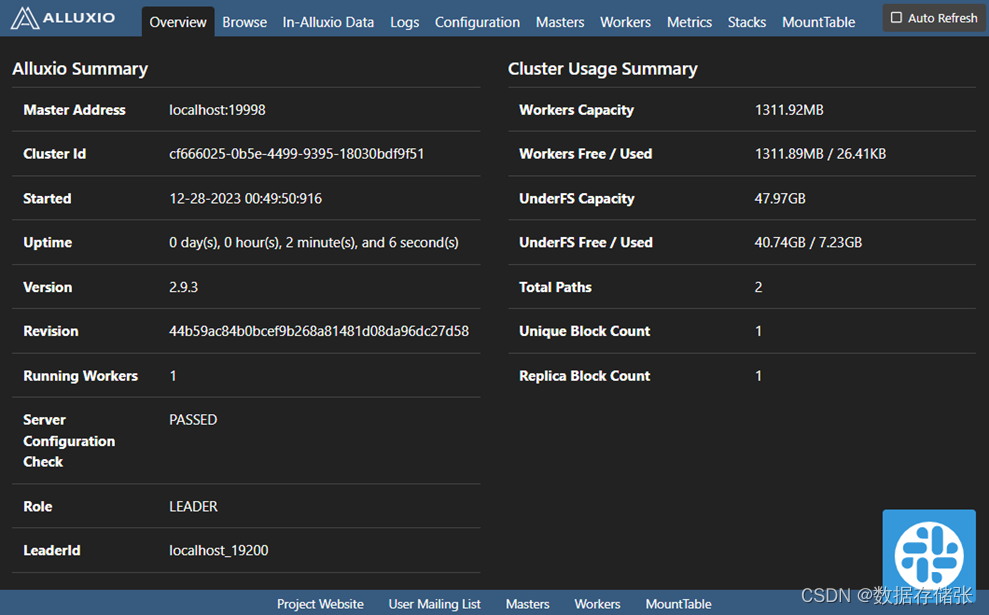
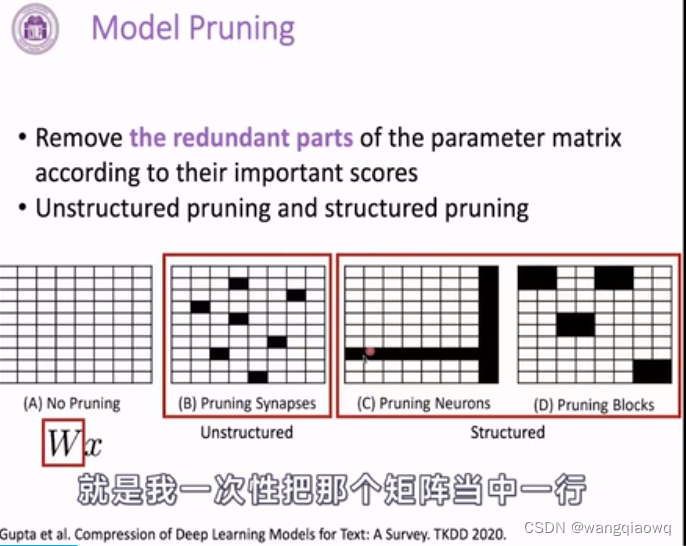



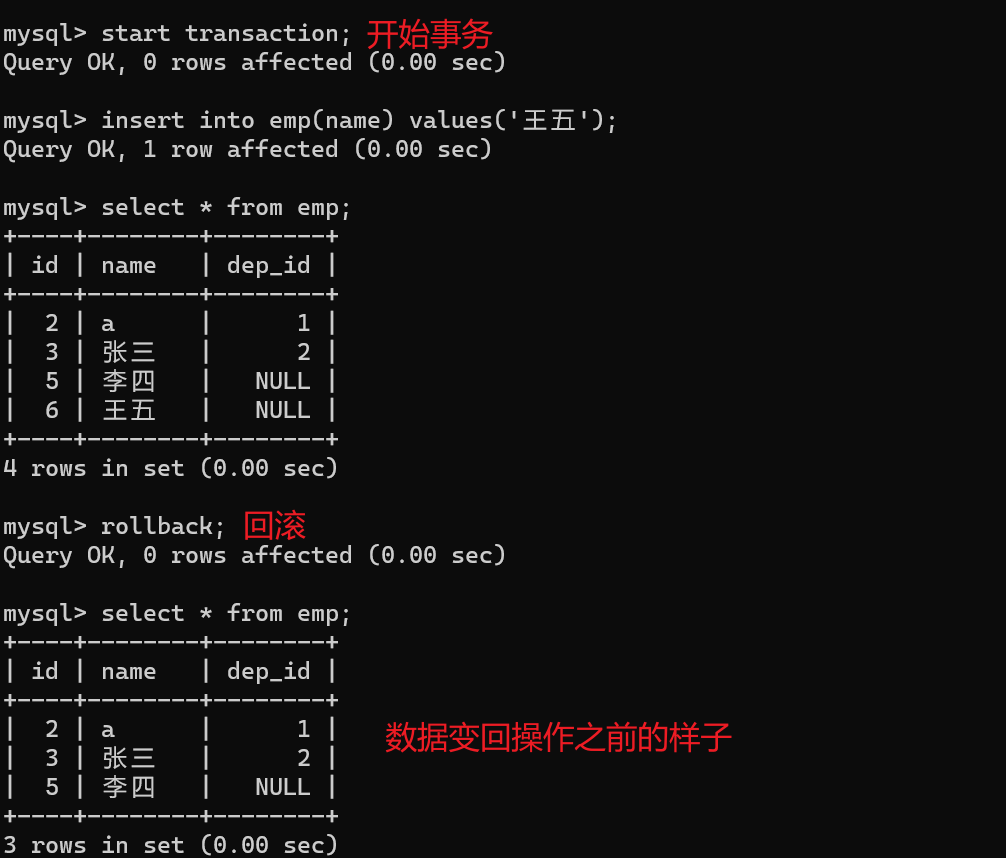
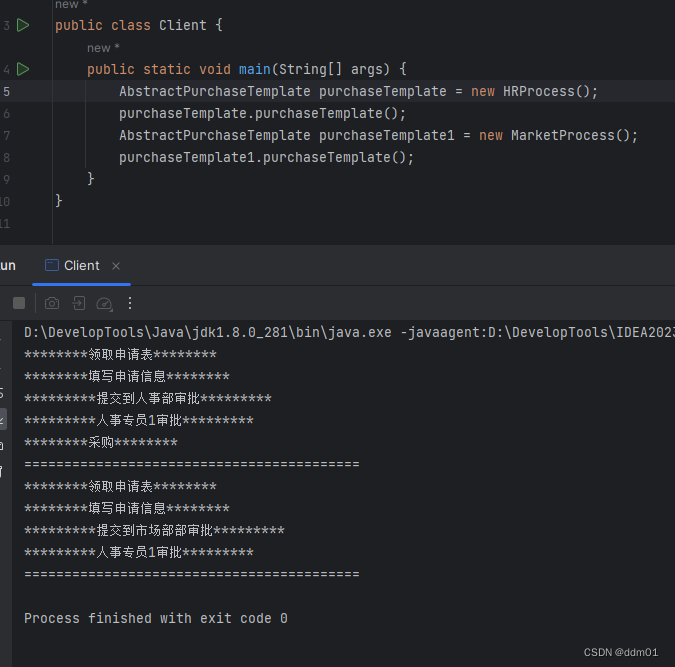


![[k8s系列]:kubernetes·概念入门](https://img-blog.csdnimg.cn/e34214888d2d44e8bccad59f0a36dfbb.png)

